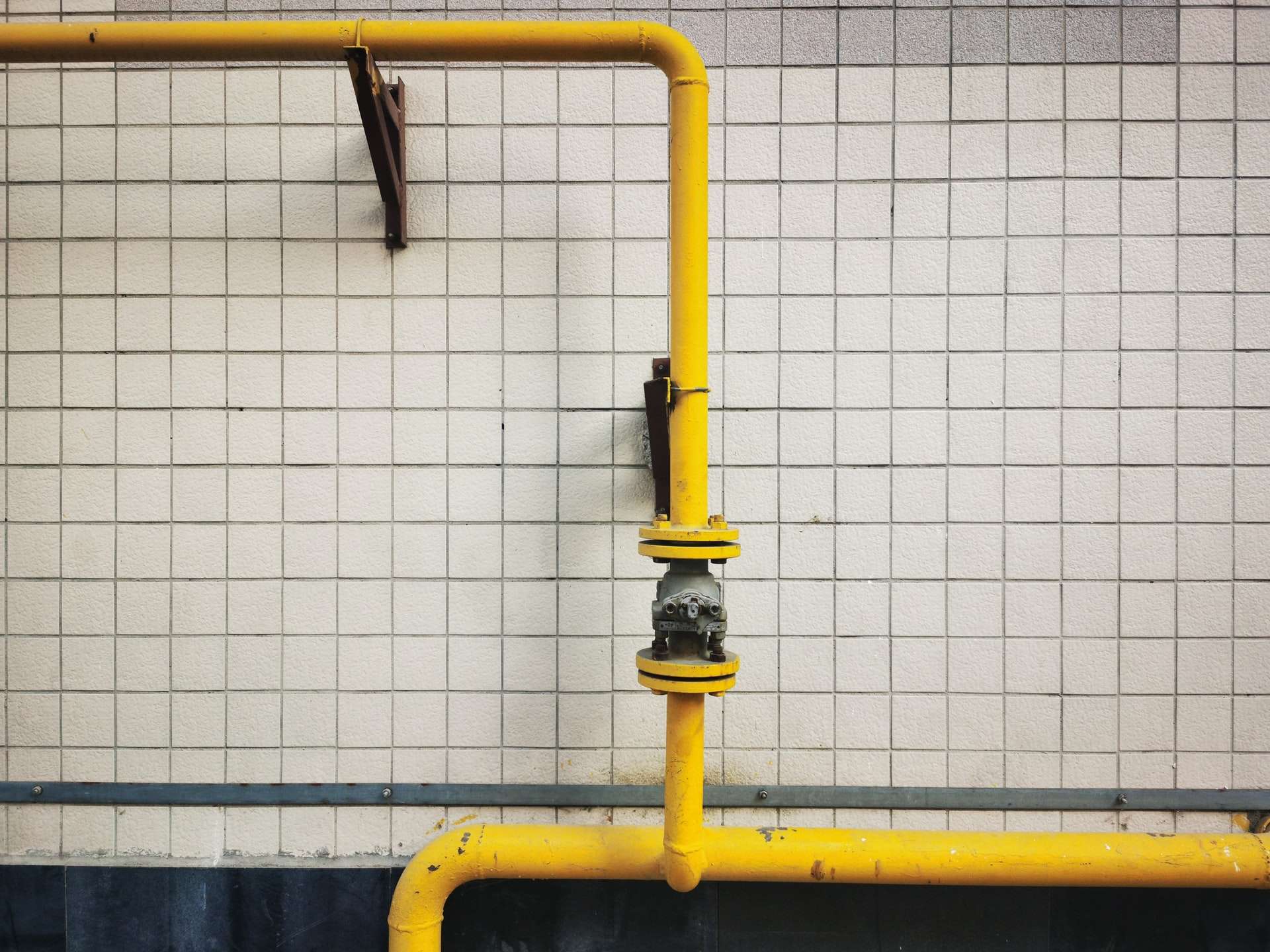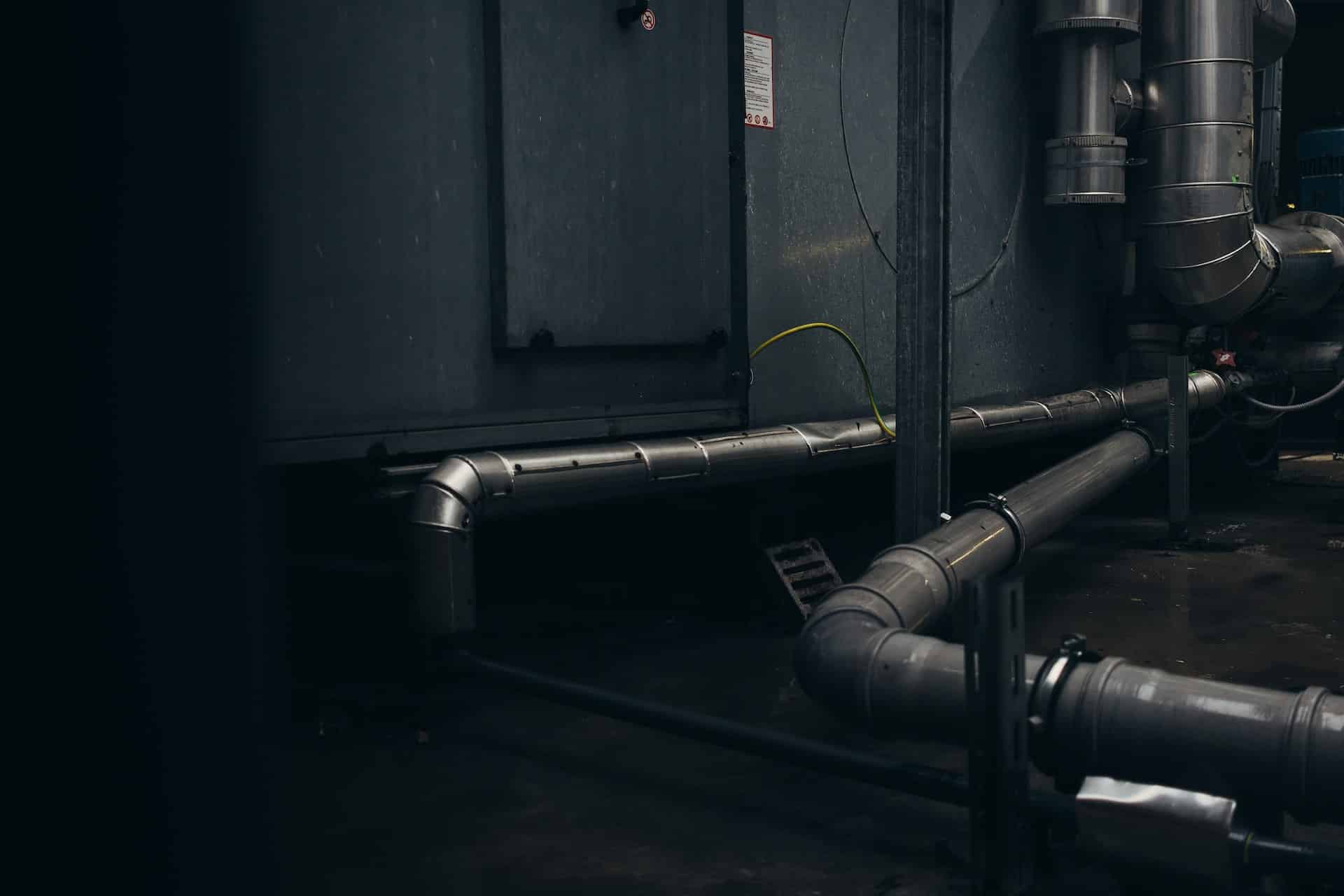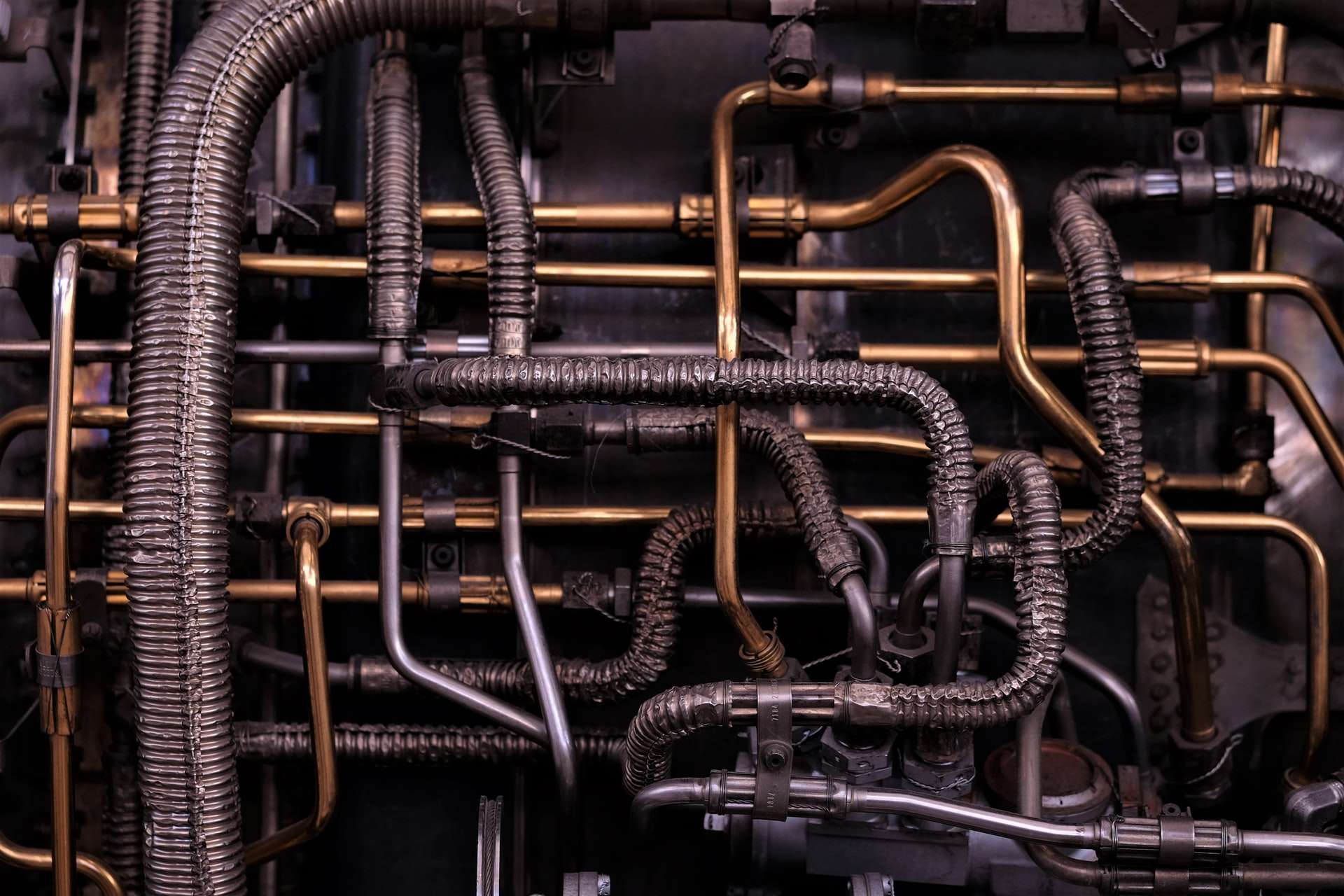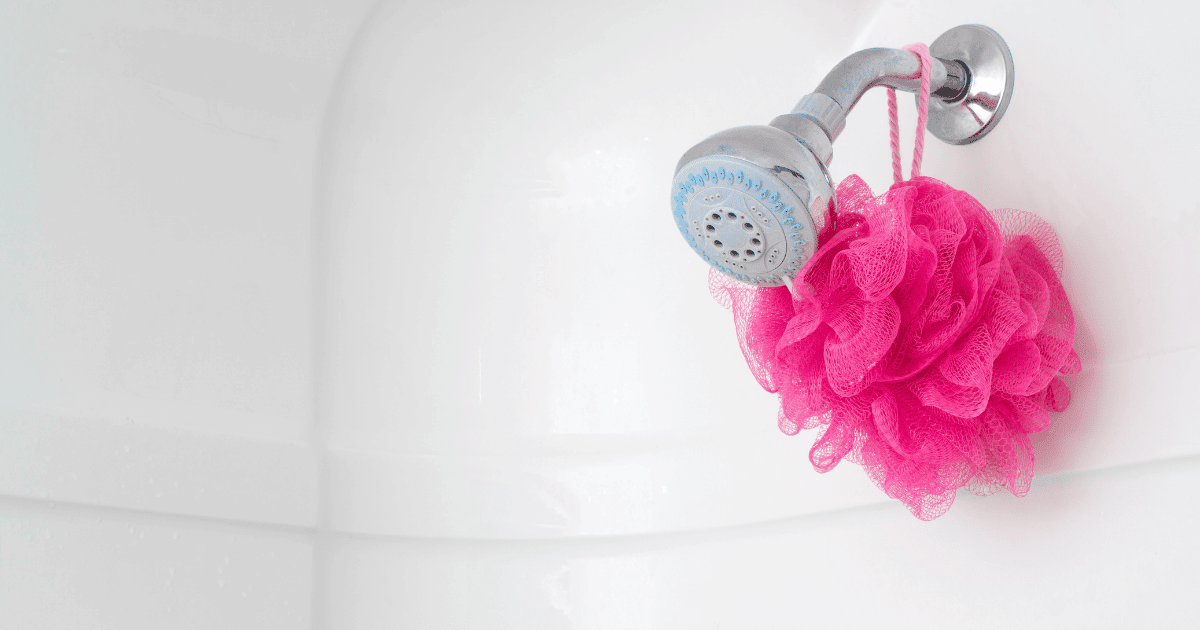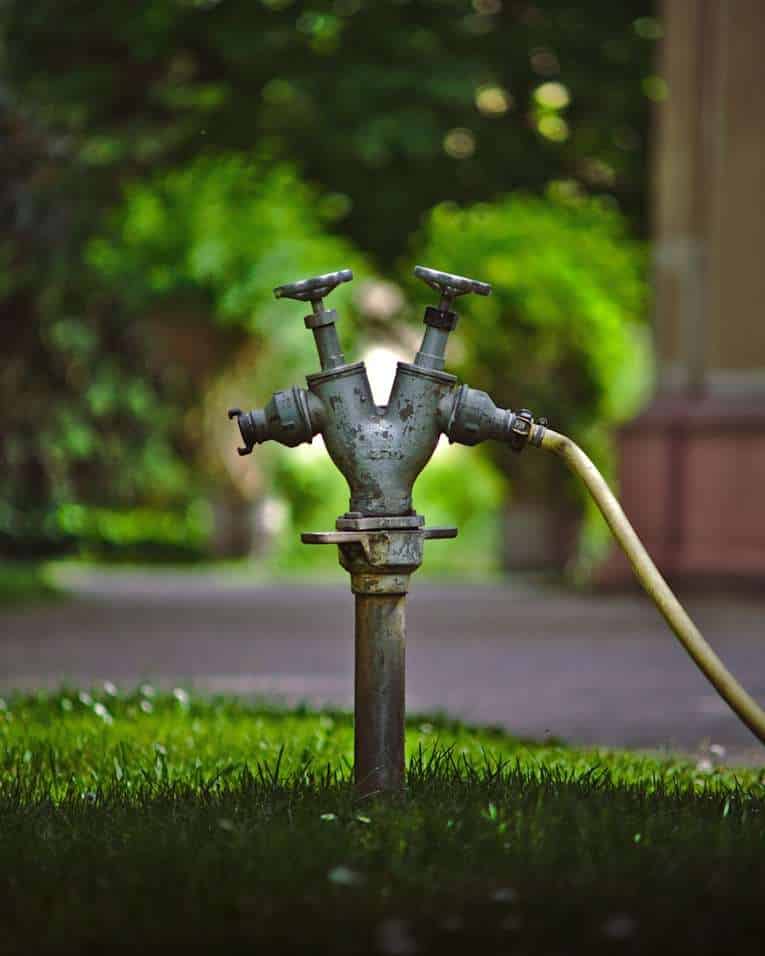Water is essential to having a good life. In fact, some even equate water to life itself! No other substance plays a more important and versatile role in our daily lives than any other substance on the planet—it boats energy, flushes waste from the body, hydrates the skin, and more.
Besides your body, the house you’re living in also needs water to function. From washing clothes and dishes to watering lawns and gardens, you need water to perform countless tasks. Without water, you won’t be able to live a comfortable and happy home life!
However, although water is one of the most vital natural resources on Earth, not all kinds of water will be good for your pipes and appliances at home. Hard water, in particular, isn’t advisable to use at home because it can have a negative impact on some areas of your property.
Is Hard Water Really That Bad?
All water is not created equal; some are soft, while others are hard. In the US, around 85% of the water supply is composed of hard water. Given the abundant amount of hard water in the country, you most likely live in a state or city with high levels of this type of water. Hard water is generally safe enough to drink and can even be beneficial to our health, but it may not have the same effect on some parts of your house.
Hard water is safe for your body, whereas it’s harmful to your home’s pipes and appliances. Since hard water contains high levels of calcium and magnesium, it could build up over time, affecting your plumbing system. If you live in a hot water environment, then you may have a more serious problem at hand!
How Hard Water Damages Your Home
Although the minerals hard water contains aren’t harmful to your health, they are bad for your plumbing, leading to long-term problems that may require the expertise of a professional plumber. If you have a hard white residue on your faucets and drains, then the chances are that you’ve been using hard water in your home.
To save on repairs and maintenance costs, you must watch out for the potential causes of hard water on your pipes and appliances. It may not seem like a big deal now, but you shouldn’t wait for things to get worse. Contrary to what you may believe, hard water can damage your home in more ways than you can imagine!
Read on to find out what hard water can do to your home:
1. Clogged Drains
Hard water affects the aesthetics of your interior because its deposits are impossible to remove, but the calcium and magnesium hard water contains may also lead to clogged drains. Each time hard water passes through the drain screen, more minerals attach to the sides of the pipes and other hard water deposits. As more minerals attach to the deposits in your home, your drains will clog, making it impossible for the water to empty out of your pipes.
2. Corrosion
Calcium and magnesium can be destructive to some types of metal. Unfortunately, the metal used for plumbing in older homes is among the materials that can’t contact calcium and magnesium, as the minerals will gradually break down the metal in the pipes.
Besides leaving residue in your pipes, the minerals from hard water will cause discoloration in various fixtures and eat up through the coating in your plumbing. If you fail to have your pipes repaired and the hard water deposits removed, actions of your plumbing may disintegrate! The more frequently your pipes get corroded, the bigger of a pipe bursting problem you’ll have.
3. Poor Water Quality
Your plumbing system is crucial to performing several tasks within the home, such as bathing, washing your clothes, and preparing meals. The minerals from hard water may be safe to drink, but they’re not ideal for your appliances!
Due to the poor water quality, the soaps and detergents you use won’t remove dirt, oils, food, and other substances as best as they can. The more you use water for your major water-using appliances, the more clogged their pipes and valves will become.
Besides having to use more products than needed, your appliances also have to work harder, leading to a significant decrease in the lifespan of your machines. When combined with the extreme wear and tear, you’ll end up having to spend a large amount of money!
4. Increased Energy Consumption
Hard water is bad for your appliances as it not only makes them work harder but they also affect their energy efficiency. When you use hard water for your dishwasher, your dishes may have a white residue, so you’ll want to clean them by hand.
Moreover, your clothes may not feel as clean as they should, so you could end up running the wash more than once. Due to the effect of hard water on your clothes and dishes, you’ll need to consume more energy and experience an increase in your utility bills.
Although some newer washing machines and dishwashers have sensors that detect when items are completely clean, hard water deposits trigger the sensors, causing the appliance to run longer than necessary.
5. Broken Pipes and Water Damage
Hard water is harmful to your pipes as it could lead to damage to your plumbing system. Minerals can eat through the pipes and create a small opening until it grows larger until you have a major leak.
The mineral deposit from hard water can also prevent water from flowing through efficiently. When the water is pushed through the plumbing at the same volume, the pressure will build up, and the pipes and connections will fail.
Conclusion
Hard water can be problematic from your home, as it could cause damages to your pipes and appliances. Fortunately, you can invest in a water softening system to avoid costly repairs and improve your home life! Make sure to reach out to a professional plumber for inspection and repair of your plumbing so that you can enjoy your soft water without any trouble.
If you want to maintain and repair your plumbing system, leave the job to our team at Candu Plumbing & Rooter! Home to one of the best professional plumbers in Canoga Park, you can rely on our company to provide reliable service with full safety measures. Schedule an appointment with us today!

